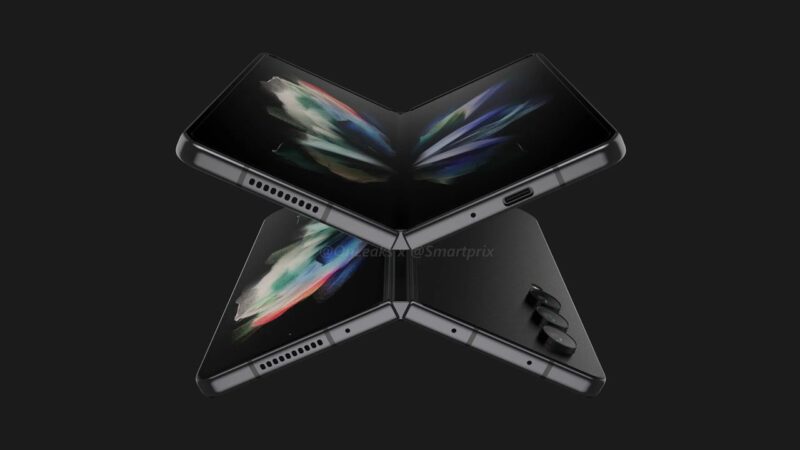Samsung made waves back in January with the launch of its highly anticipated Galaxy S24 series, featuring both Snapdragon and in-house Exynos chipsets. While the US variants of the Galaxy S24 and S24+ boasted the powerful Snapdragon 8 Gen 3, other regions received models equipped with the Exynos 2400 chipset. Speculation was rife that Samsung would adopt a similar dual-chip strategy for its forthcoming Galaxy Z Fold 6 and Galaxy Z Flip 6. However, fresh insights from a recent report contradict these expectations, indicating that Samsung will opt for Qualcomm’s latest chipset for its next-gen foldable devices.
In a parallel development, renowned tipster Roland Quandt (@rquandt) shared purported renders of cases purportedly designed for the Samsung Galaxy Z Flip 6. These leaks hint at a design reminiscent of previous iterations, featuring a dual rear camera setup and a flex window.
Scheduled for July 10, Samsung’s second unpacked event of 2024 is expected to unveil the eagerly awaited Galaxy Z Fold 6 and Galaxy Z Flip 6. Anticipation surrounding the specifications of these devices has been brewing, with rumors suggesting that the flip-style phone will boast a 120Hz refresh rate cover display and may offer variants with 8GB or 12GB of RAM alongside storage options of 256GB or 512GB. On the other hand, the Galaxy Z Fold 6 could introduce a Titanium frame and retain the 25W charging capability.
For those keen on exploring the foldable realm, the latest episode of Orbital, the Gadgets 360 podcast, delves into whether the Samsung Galaxy Z Flip 5 reigns supreme as the best foldable phone available in India.
Further insights from Korean publication The Elec reveal that Samsung will exclusively harness the power of Snapdragon 8 Gen 3 processors for its upcoming Galaxy Z Flip 6 and Galaxy Z Fold 6. Notably, these processors will sport a “For Galaxy” tag akin to current and past foldables and Galaxy S series devices. Previously, there were murmurs of Exynos chips making their way into certain regions’ variants of these upcoming phones.
The sixth generation of Samsung’s Galaxy Z Fold series is reportedly tailored around Qualcomm’s processor from inception, potentially rendering the addition of another processor financially burdensome. The report suggests that Samsung is prioritizing cost control and operational efficiency, hence opting for a single-chip strategy. It posits that the inclusion of Exynos chips might become beneficial only when foldable phones reach the shipment volumes akin to the S series. Notably, Samsung has consistently relied on Qualcomm’s Snapdragon processors for its foldable devices since their inception.

